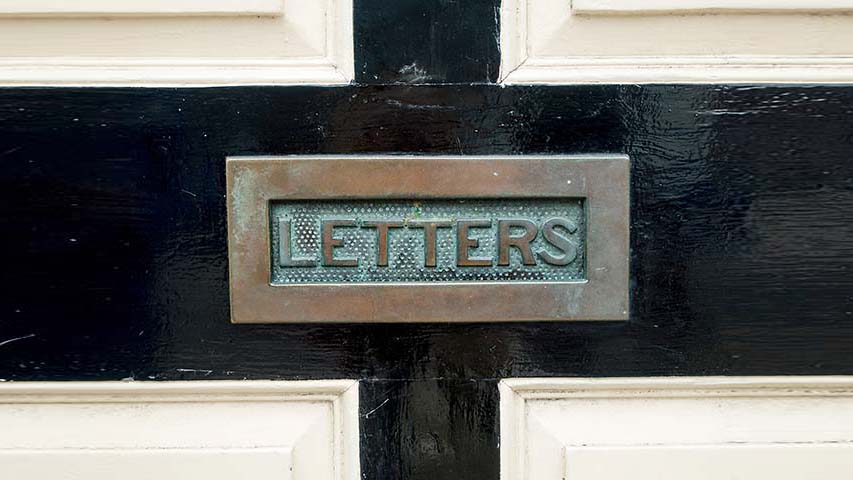Letter: Expand the Republican Coalition

To the Editor:
In the early 1930s, a newspaper asked several Black residents of Chicago what their party affiliation was. Their responses overwhelmingly indicated a strong loyalty to the GOP. Popular sentiment for the GOP could best be summated in the following quote, “The Republican Party is the party for all, regardless of race, color, or creed.”
While animosity and hostility for the Democratic Party could best be found in a single question, “How can a Negro be a Democrat?.” The shame is that in today’s world, the perception of the two parties has totally flipped since then.
It is often forgotten that at one point the Black vote was firmly Republican. Since that cold January morning ushering in the new year in 1863 shattered the chains of slavery forever and began the long process of rectifying Americas great Original Sin, the GOP had been the home for Black America. It was the party of Abraham Lincoln, known as the “The Great Emancipator,” and to Ulysses Grant, our first true civil rights president. Not to mention exceptional Black leaders like Frederick Douglass and Booker T. Washington.
Democrats were nothing more than the party of slavery and of secession in the name of preserving that institution. It wouldn’t be until FDR and his New Deal that Black loyalty to the Democratic Party began to take shape. His New Deal, even if it did discriminate against Black Americans, provided them aid not seen since the days of Reconstruction.
The rise of Barry Goldwater and Ronald Reagan would deal the final two death blows to the faltering loyalty Black voters showed the GOP (in 1960 the Nixon-Lodge ticket garnered 32% of the Black vote as opposed to the Reagan-Bush ticket’s 14% in 1980).
Since then, it’s been an unending story of Republican failure to reach out to Black voters. What few attempts that were made have not been particularly successful. Attempts typically taking the form of pathetic pandering, vague allusions to our heritage as the “party of Lincoln,” or flat out hostility and indifference to their struggles as a community. However, now is the time to make a renewed, sincere, push to make inroads.
Polls and studies are showing that Black voters are increasingly disillusioned by the Democratic Party. Making a concerted effort to reach out may make some notable inroads. If Republicans tailor their message and shift their policies a little bit, we can begin to move those disenfranchised voters into our column.
Emphasizing support for policies that encourage community policing and increased training for officers is a popular position that addresses immediate and long term concerns regarding law enforcement. By investing funds into cities, towns, and villages across America, we can rebuild failing infrastructure like schools and housing which would show returns almost immediately.
By liberalizing our zoning legislation and building more homes we can expand not only the Black middle class but the whole American middle class. Not to mention, home ownership often correlates with increased support for the GOP. Black voters are oftentimes more socially moderate or conservative than their Democratic Party coalition members. By addressing their aforementioned concerns, they may be more comfortable dropping the Democrats for a Republican Party that listens to them.
Now, this won’t be easy. It will not initially be cheap, nor will it bear fruit right away. But with proper private sector cooperation, where appropriate, we can cut costs and maximize efficiency. Not to mention that short-term dedicated investments such as these will make all future maintenance and development cheaper down the line. Voting trends may take a longer time to shift than we may like. Black voters will not flip overnight either. Decades of being spurned are hard to forget after all. But as trust and confidence is built once again, we can begin to expect more support.
Let us, as Republicans, once more embrace our great tradition of civil rights. To make that “shining city on a hill” accessible to everyone and reaffirm the greatness of “the last best hope of the Earth.”
— Alex Burns
Information about standards and practices for Letters to the Editor of Weston Today can be found here.
